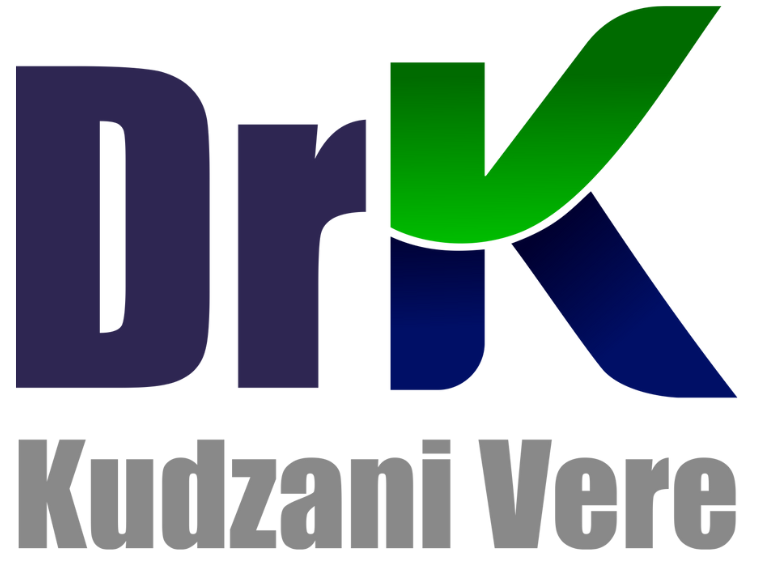The Language of Suspicion in Forensic Accounting
In forensic accounting, intuition is not enough. Precision is not optional. The “K” in the DR KUDZANAI VERE Forensic Accounting Framework stands for Know Red Flags, a critical step that transforms suspicion into structured inquiry.
What Are Red Flags?
Red flags are the subtle signals that something isn’t right. They are not proof of fraud, but they are the breadcrumbs that lead to deeper truths. Knowing red flags means recognizing patterns, behaviors, and anomalies that consistently precede financial misconduct.
“Red flags are not accusations—they are invitations to investigate.” — Dr. Kudzanai Vere
Categories of Red Flags
To know red flags is to master their taxonomy. They often fall into three broad categories:
- Behavioral Red Flags Sudden lifestyle changes, resistance to oversight, or unusual secrecy by employees
- Transactional Red Flags Round-dollar payments, duplicate invoices, or unexplained journal entries
- Structural Red Flags Lack of segregation of duties, weak internal controls, or excessive reliance on one individual
Each category offers clues. Together, they form a mosaic of risk.
African Context: Cultural Intelligence in Detection
In African institutions, red flags may manifest uniquely. For example, informal networks of trust can obscure accountability. Cultural norms around hierarchy may discourage whistleblowing. Knowing red flags in this context requires not just technical skill—but cultural fluency.
“To detect fraud in Africa, one must read both the ledger and the landscape.” — Dr. Kudzanai Vere
Strategic Relevance
For practitioners, knowing red flags is a frontline defense. It informs audit planning, interview strategy, and evidence collection. For leaders, it is a call to build systems that detect early and act decisively. For institutions, it is the foundation of a proactive risk culture.
Legacy Through Vigilance
As we continue unpacking the DR KUDZANAI VERE Framework, remember: red flags are not just signs of danger, they are signals of opportunity. Opportunity to intervene, to correct, and to protect the legacy of ethical leadership.
Next in our series: U – Understand Legal Contexts. The law is not a backdrop, it is the boundary and the compass.
